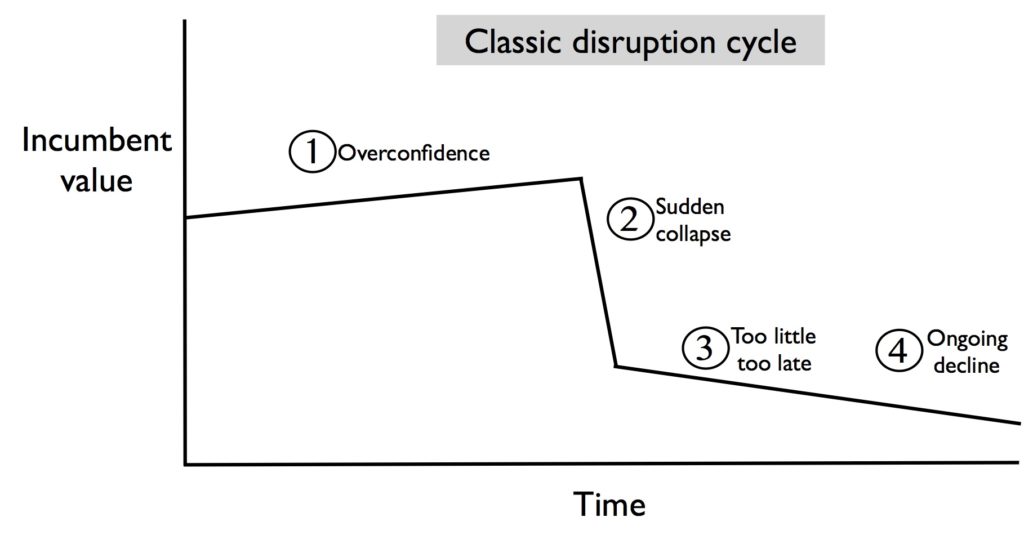Healthcare is changing really quickly and quite dramatically. Stuff we never would have thought of is happening every day.
- A huge PBM is buying one of the largest health insurers in the world.
- Provider consolidation is rapidly accelerating.
- Many insurers are vertically integrating; they own thousands of providers, care-delivery locations, and are racing to build even more infrastructure.
- Private insurers are pushing hard and fast into the Medicaid and Medicare markets.
- Pharma is making gazillions in profits and driving medical costs higher: many employers are beginning to rebel.
- The world is finally taking opioids seriously, while many fraudulent and sleazy people and companies are looking to profit from the crisis.
- Medicare and Medicaid are facing major changes; the Trump Tax Bill is just the beginning of efforts to cut benefits and reimbursement.
The healthcare infrastructure of 2021 will look a lot different than it does today.
A couple things to think about.
- While scale is critically important, the bigger the organization, the harder it is to anticipate and adapt to change. Huge health insurers and healthcare delivery systems must force their people to take risks and innovate – but most of these institutions are led by executives with little tolerance for failure.
- The fee-for-service system is deeply entrenched in our entire industry. Provider practice patterns, sales rep incentive programs, provider marketing strategies, employer healthplan purchasing priorities, hospital financial systems, billing and reimbursement infrastructure, insurer business models all are fundamentally based on fee-for-service. Improving outcomes and reducing costs cannot happen without disrupting the very roots of our healthcare “system”.
- Our healthcare system is vastly inefficient – and that is precisely why tens of millions of Americans live off that system. Disrupting that system will cost hundreds of thousands of jobs.
What does this mean for you?
The winners will be those that understand where things are going.
There are two basic strategic options: those with a long-term view must become part of the disruption or short-termers will have to carve out a niche that’s sustainable over the near term.
This is the third option, which most will inadvertently pursue. Business-as-usual folks will wake up one morning and find out they’re toast.




As long as they get the jam in the parachute they will be happy
You are right to put the word ‘system’ in quote marks. Over ten years ago I made a presentation at a health care conference which I titled “What Health Care System?” and basically made the same arguments you are making. Not that I am all that smart – it is simply that I think many of us in management roles with MBAs were taught to think in terms of “systems” even when there are societal services such as the overall health ‘industry’ (wish there were a better word here) that are anything but “systems”. What I see happening is that all of this consolidation is creating not a monopoly but an oligopoly nationally and regionally – which is anything but the market system so many GOP folks are wedded to.
Patrick – I share your concerns, and note that without government’s active and ongoing support for competitive insurance providers, the big 3 will crush them.
On the good side, the FDA’s push to speed up generic approvals in the face of opposition by many large manufacturers is major progress.
I agree with this. Great Information about Healthcare.
Joe-
You make a great point :
“fee-for-service” is deeply entrenched in our system.
To bring down costs, we will have to
“disrupt” fee-for-service because it encourages over-treatment.
The good news: this is beginning to happen as managed care companies “vertically integrate” and more docs are paid a salary rather than “fee-for service” (This means they no longer have an unconscious incentive to “do more.”